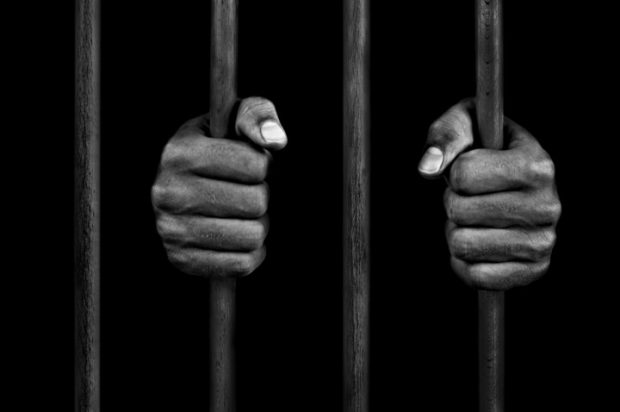In a significant ruling, a Federal High Court in Kano sentenced 67-year-old Lebanese national Zuhier R. Akar to 14 years in prison for the sexual exploitation of two teenage girls. The case was brought forth by the National Agency for the Prohibition of Trafficking in Persons (NAPTIP), which charged Akar with two counts: trafficking and sexual exploitation. The ruling underscores a serious stance against such heinous acts, highlighting the commitment of the Nigerian judicial system to address human trafficking and protect vulnerable individuals from exploitation.
Delivering the judgment, Justice M. A. Shu’aibu emphasized that the prosecution had convincingly established the defendant’s guilt beyond a reasonable doubt. The court’s decision came with a stern penalty, imposing a 14-year prison term without any option for a fine. Furthermore, Akar was ordered to pay an additional fine of N2 million, which serves as a deterrent to similar crimes in the future. The decision reflects broader efforts to treat cases of trafficking and sexual exploitation with the severity they warrant, particularly in protecting minors.
Details surrounding the case reveal a disturbing incident that took place on September 4, 2024, when Akar reportedly lured two girls, aged 14 and 15, from Civic Centre Road, near a local suya spot, to his residence in Gidan Wanka. The prosecution, led by Kano Zonal Commander of NAPTIP, Mr. Abdullahi Babale, noted that the case was initially reported by the Department of State Security Service, underscoring the collaborative efforts of law enforcement agencies in tackling trafficking. According to testimonies presented, Akar’s actions were not only predatory but also brazenly documented, as a video of the crime circulated on social media.
The comprehensive evidence presented by the prosecution included four critical exhibits that substantiated the allegations, such as the defendant’s confessional statement and the testimonies from the victims. Akar did not contest the charges, pleading guilty and acknowledging the violation of the Trafficking in Persons (Prohibition) Enforcement and Administration Act of 2015. His admission of guilt points to a recognition of the severe legal repercussions associated with such offenses, although it raises questions about premeditation and the motivations behind his actions.
In a final plea, Akar’s defense counsel, Mr. R. A. Kasali, requested leniency from the court, perhaps hoping to mitigate the severity of the sentence. This aspect of the legal process illustrates the ongoing tension between the pursuit of justice for victims and the rights of the accused. However, the judge’s firm response to the defense’s appeal demonstrates the court’s prioritization of justice for the victims, sending a crucial message about accountability and the importance of safeguarding young individuals from exploitation and abuse.
This ruling not only serves as punishment for Akar but also highlights the critical role of judicial proceedings in addressing human trafficking in Nigeria. With increasing awareness and reporting mechanisms in place, such cases can be brought to light, allowing law enforcement to take decisive action against offenders. The broader social implications of the verdict point towards a collective responsibility to protect vulnerable populations, particularly minors, and a commitment to fighting the scourge of trafficking and sexual exploitation in Nigerian society.














